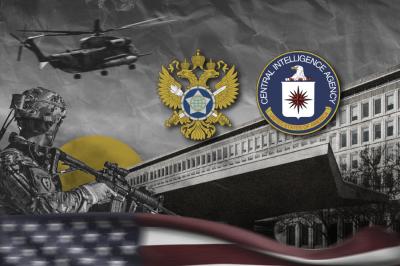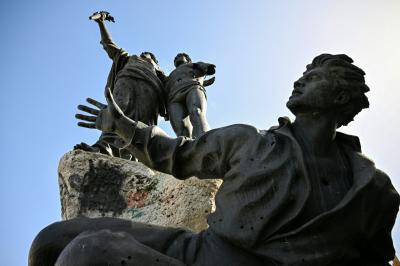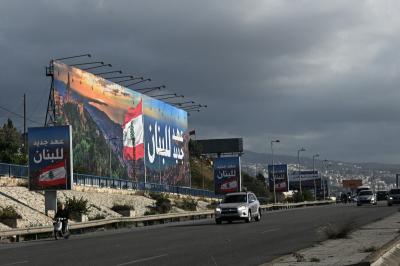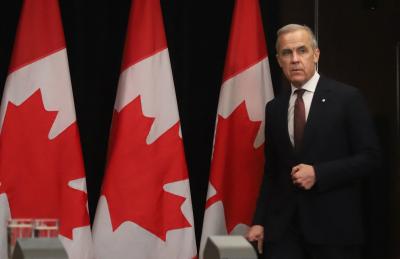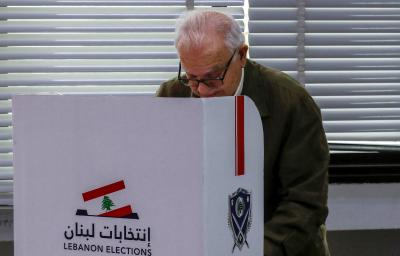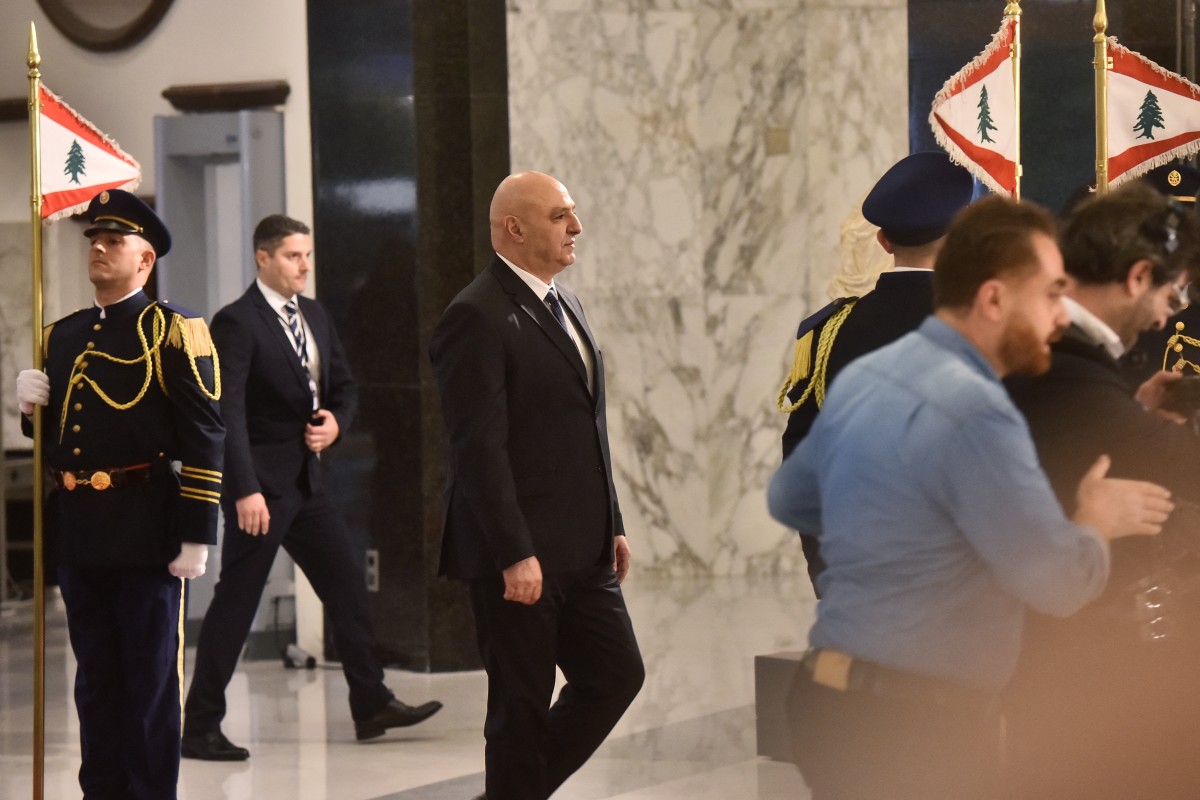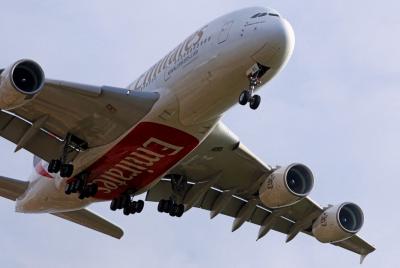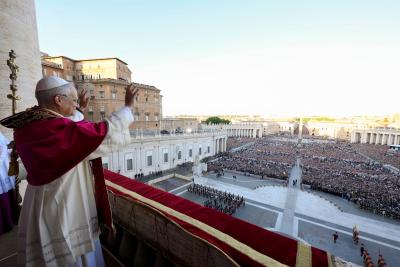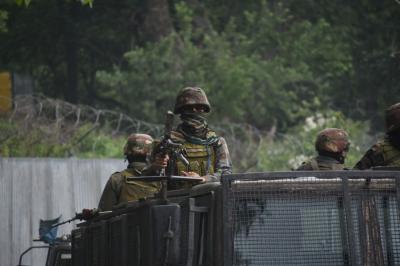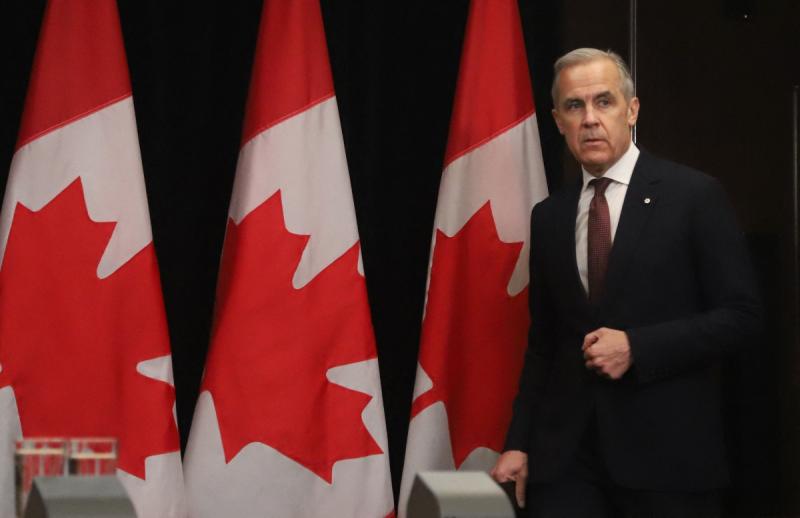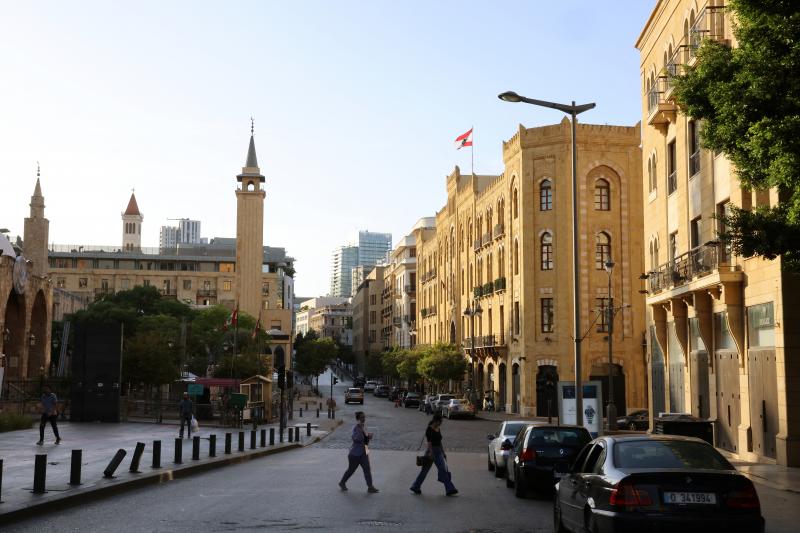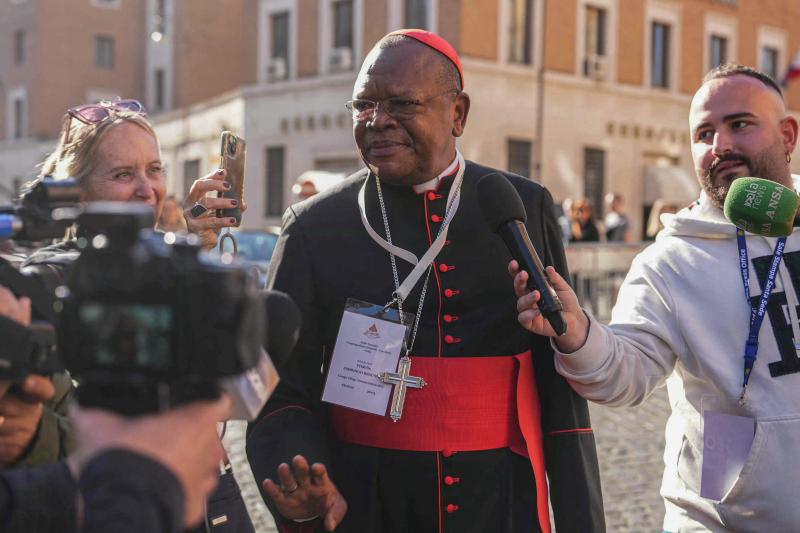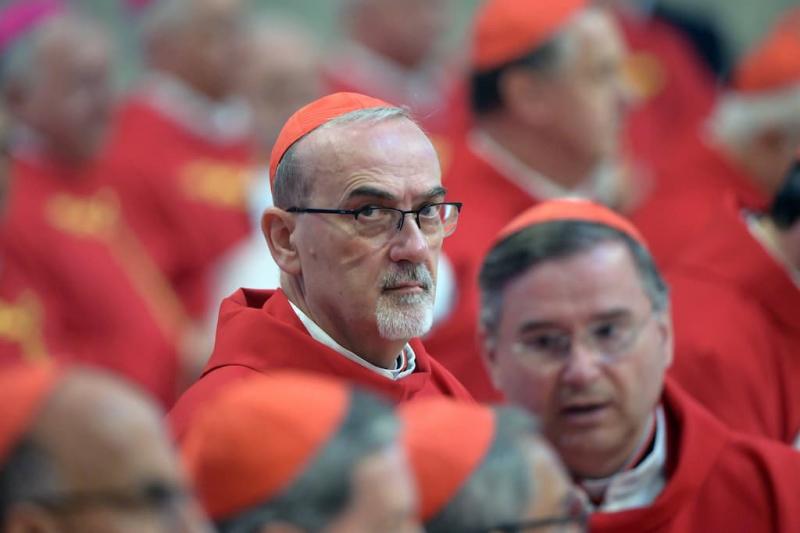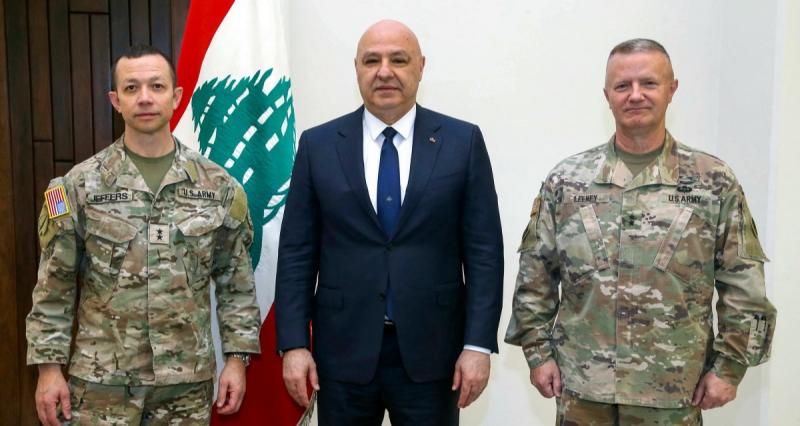The rift between the Shiite Duo and Gebran Bassil has deepened, paving the way for repeated meetings between the Duo’s representatives, and Nabih Berri’s envoy, Ali Hassan Khalil, with the Saudi envoy Prince Yazid bin Farhan. Meanwhile, U.S. involvement added another layer to the negotiations. A shift began to emerge as the Shiite Duo refrained from openly opposing the election of Army Commander Joseph Aoun, instead directing its MPs to cast blank ballots, aware that the first round would not yield a decisive result.
General Joseph Aoun, now the 14th President of the Lebanese Republic and the fifth army commander to ascend to the presidency, secured overwhelming international and Arab support. His election also marked a strategic win for the Shiite Duo, which upheld its role in shaping the presidency and retained veto power over the final decision.
Aoun's election came with a resounding mandate, tallying 99 votes in the second round, following a prolonged two-year and three-month presidential vacuum. This period of stagnation reflects a recurring theme in Lebanese politics since the Taif Agreement, with the country experiencing a total of seven years without a president over the past 25 years.
President Aoun struck a balanced tone in his inaugural address, opting for clarity and moderation over rhetoric or threats. He addressed Western concerns while carefully reassuring the Axis of Resistance, aligning with their stance on confronting Israeli occupation—the state would manage an issue he emphasized under a national defense strategy.
The president's speech stood out for its pragmatism, clarity, and flexibility. Free from the rigid partisan rhetoric often marked by uncompromising views, it conveyed strength without aggression and softness without weakness—a message that left little room for misinterpretation.
Behind the scenes, the process that culminated in the Shiite Duo voting for the army commander as president was a calculated and deliberate maneuver. The live broadcasts and carefully coordinated moves leading up to the election were part of a broader message: the commander’s presidency wouldn’t have been possible without the Duo’s backing. This was a clear signal to the public and, more significantly, to international players. Mohammad Raad, head of the Loyalty to the Resistance bloc, articulated this point plainly: “By delaying our vote for His Excellency the President, we wanted to emphasize that just as we’ve safeguarded national sovereignty, we are also the guardians of national consensus.”
The public, however, viewed the election through a different lens. For many, it marked the end of a two-year presidential vacuum, one of the bleakest periods in Lebanon’s political and security history. Attention also turned to the president’s inaugural address, which resonated with the people’s concerns and promised a new chapter for the Republic.
One of the most striking commitments was the pledge to uphold the state’s exclusive right to bear arms, signaling readiness for dialogue on a national defense strategy—under state control. The speech also addressed judicial independence, reconstruction efforts, and collaboration with Parliament and the Council of Ministers, while honoring the sacrifices of the martyrs and pledging support for the South. In doing so, the president set a tone of cooperation and reform, offering a glimmer of hope for a country eager for stability and progress.
Behind the Deal
The Shiite Duo faced tense hours in the lead-up to the presidential election session. Their attempts to convince Free Patriotic Movement leader Gebran Bassil to support Major General Elias Baissari, Director General of General Security, failed after Bassil withdrew his backing. Similarly, Bassil’s efforts to persuade them to vote for Jihad Azour also fell short.
At one point, the Lebanese presidential battle turned into a tug-of-war between Qatar and Saudi Arabia, with Parliament as the arena. While the Saudi envoy sought to ensure the election of a president, Qatar grew anxious about the Duo and the Free Patriotic Movement softening their stance against Joseph Aoun. This was before Qatar itself backed away from supporting Baissari’s candidacy. On election day, Baissari acknowledged he was out of the race, paving the way for consensus.
With Baissari stepping aside, Lebanese Forces agreeing to back the army commander, and near-unanimous parliamentary consensus, the Shiite Duo was compelled to reconsider its position. Intense discussions and negotiations followed. The rift between the Duo and Bassil widened, and meetings multiplied—both between the Khaleel duo (representatives of the Shiite Duo) and Nabih Berri's envoy, Ali Hassan Khalil, as well as with the Saudi envoy. The Americans also entered the fray. Clarity emerged when the Duo hesitated to publicly oppose Aoun's election, instructing its MPs to cast blank ballots, knowing the first round wouldn’t produce a winner. The plan was for Berri to call for consultations afterward, ensuring the political price for supporting Saudi Arabia’s candidate was secured in coordination with the Americans.
By this stage, it was evident that the Shiite Duo had parted ways with its ally, Gebran Bassil, and ventured into the presidential race alone. In the final two hours before the election session, a deal—or more subtly, an agreement—was struck between the army commander, the Duo, and Saudi Arabia. The agreement revolved around forming a government, high-level appointments, the role of the resistance, and its arms in the coming period.
Hezbollah calculated the situation carefully. Following its setbacks in the war with Israel, and with the growing Islamist threat along the Lebanese-Syrian border, the army could act as a stabilizing force. Hezbollah needed a respite from political challenges to fulfill its reconstruction promises to its base. Additionally, Lebanon urgently required Gulf Arab support for financial aid. Saudi Arabia committed to this, while the newly elected president opened a new chapter in relations with the Duo, effectively sidelining the Free Patriotic Movement.
From a strategic perspective, the Duo's decision widened the rift with Bassil, effectively ending the Mar Mikhael Agreement. The Lebanese Forces emerged stronger, gaining political points over the Duo. Ultimately, the Duo submitted to the broader Arab and international consensus, regardless of its justifications.
The outcome brought a sigh of relief to the country. Joseph Aoun’s six-year term, supported by Saudi Arabia and other members of the Quintet, promises stability. Within 60 days, Israel is set to withdraw from the South, and Gulf states will assist with reconstruction. Simply put, this election shifted influence away from Iran and back to Saudi Arabia. For many, this is a welcome change.
Outside Parliament, away from the political calculations, there was a sense of hope. The applause and optimism were tied to the next day, symbolized in the president’s inaugural address—a roadmap for "my commitment is yours, and together we will shape the future."
 Politics
Politics
